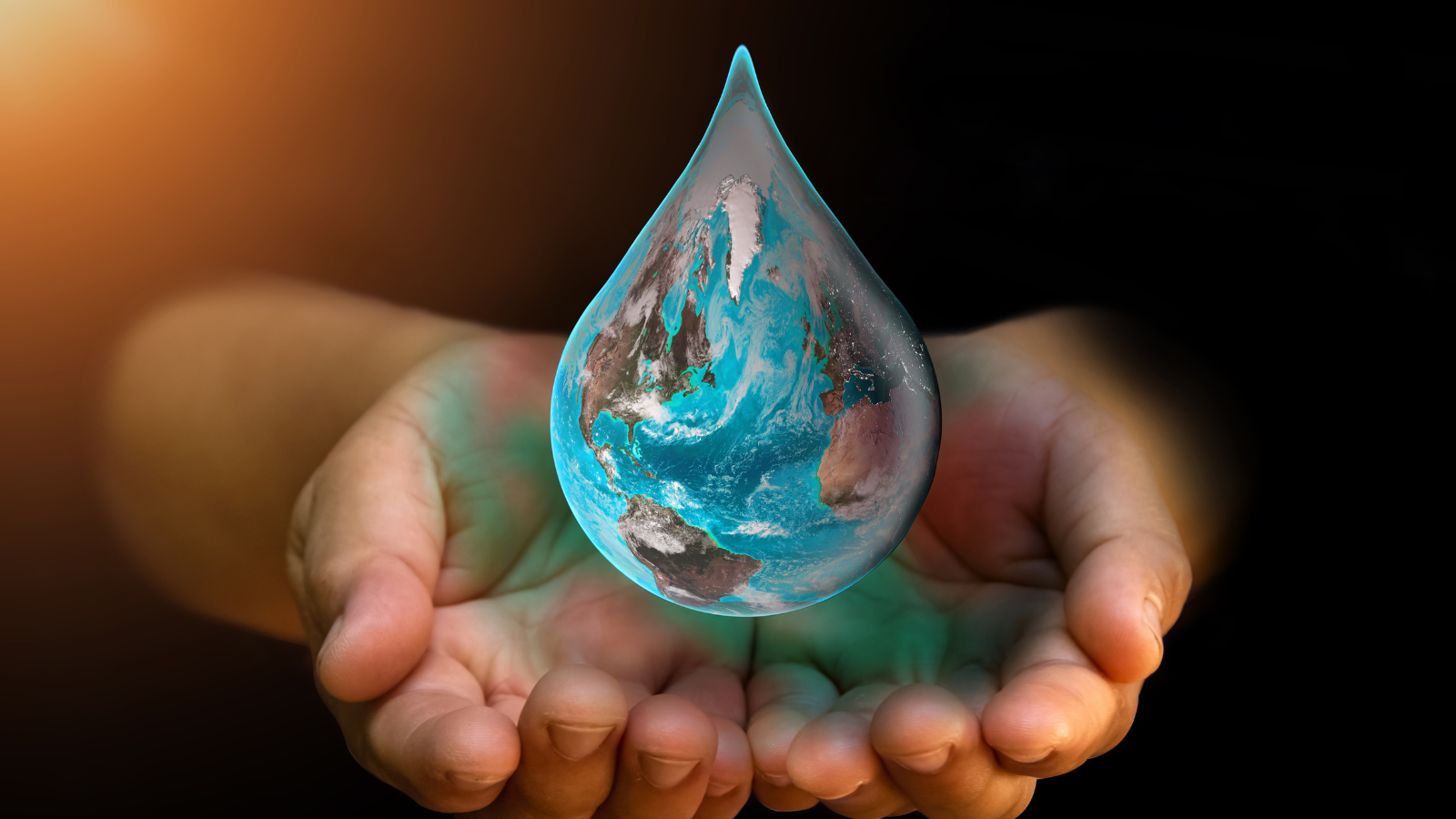Water. The very essence of life, yet a resource facing increasing strain. To secure a future where everyone has access to clean, safe water, a symphony of innovation, collaboration, and sound policies is vital.
The 2023 Climate Change Conference (COP28) resonated with this urgency. Water, that lifeblood covering 71% of Earth, took center stage. Investments in innovation fueled by financial mechanisms were championed, aiming for freshwater restoration, resilient urban infrastructure, and integrated water-food system management.

Uniting Public and Private Forces
Public-private partnerships (PPPs) are emerging as powerful engines for sustainable solutions. Governments can leverage private sector expertise, technology, and financing to tackle complex water challenges, while companies can tap into public resources and reach to create lasting impact. This synergy is crucial, as the Asian Development Bank estimates Asia alone needs $53 billion annually in water investment, with a third potentially coming from private sources.
Innovation for Every Drop
Technology is stepping up to the plate, democratizing access to clean water. Atmospheric water generators, like those pioneered by Majik Water in Kenya, extract moisture from the air, offering a lifeline in water-scarce regions.
Portable desalination units, no bigger than suitcases, are transforming polluted seawater into potable water, while Canadian company Oneka harnesses ocean waves to create sustainable desalination systems. These innovations are not just feats of engineering; they are beacons of hope for communities facing water scarcity.
Policy: The Guiding Hand
Technology and partnerships alone are not enough. Water-conscious policies are the bedrock of a secure future. India’s National Water Policy 2020 exemplifies this, shifting water pricing from crop-based to volumetric, encouraging farmers to adopt water-efficient practices.
Companies like Kilimo are playing a vital role in implementing this change, using digital irrigation platforms to optimize water usage and incentivize farmers to conserve. Such policy changes are not mere bureaucratic shifts; they are strategic moves aligning economic incentives with environmental responsibility.
Beyond Borders, Beyond Sectors
The challenges we face are not confined by borders or sectors. Water scarcity impacts agriculture, industry, and urban life, demanding a holistic approach. Initiatives like the 2023 UN Climate Change Conference (COP28) are crucial in bringing together stakeholders from diverse backgrounds to tackle these interconnected issues. We must prioritize conserving and restoring freshwater ecosystems, building resilient urban water systems, and creating water-smart food systems.
The stakes are high. By 2050, projections show alarming levels of water stress, jeopardizing industries, energy, agriculture, and entire economies. But within this daunting scenario, the promise of collaboration, innovation, and far-reaching policies offers a beacon of hope. By working together, we can secure water for all, ensuring a sustainable and thriving future for generations to come.


